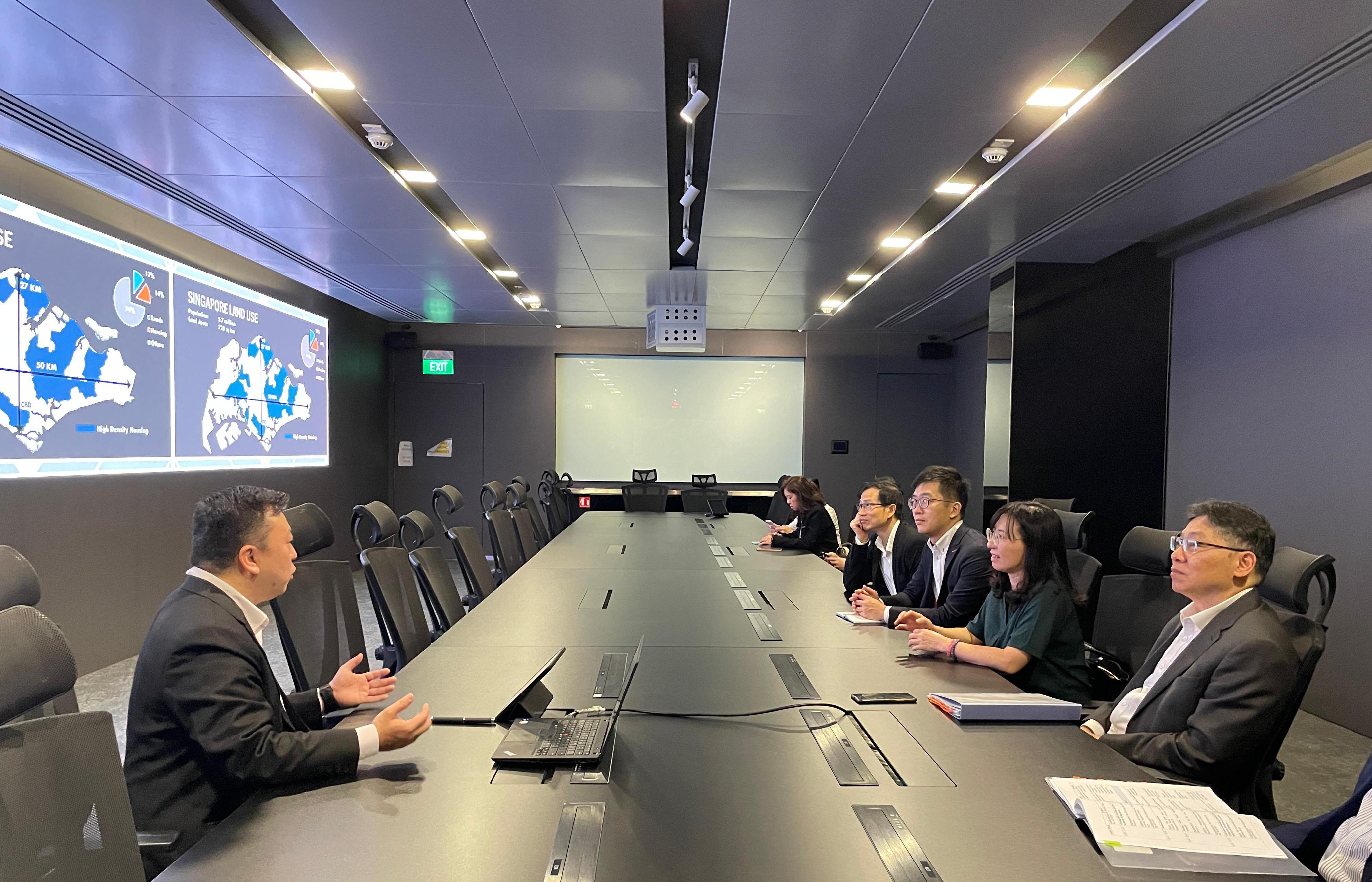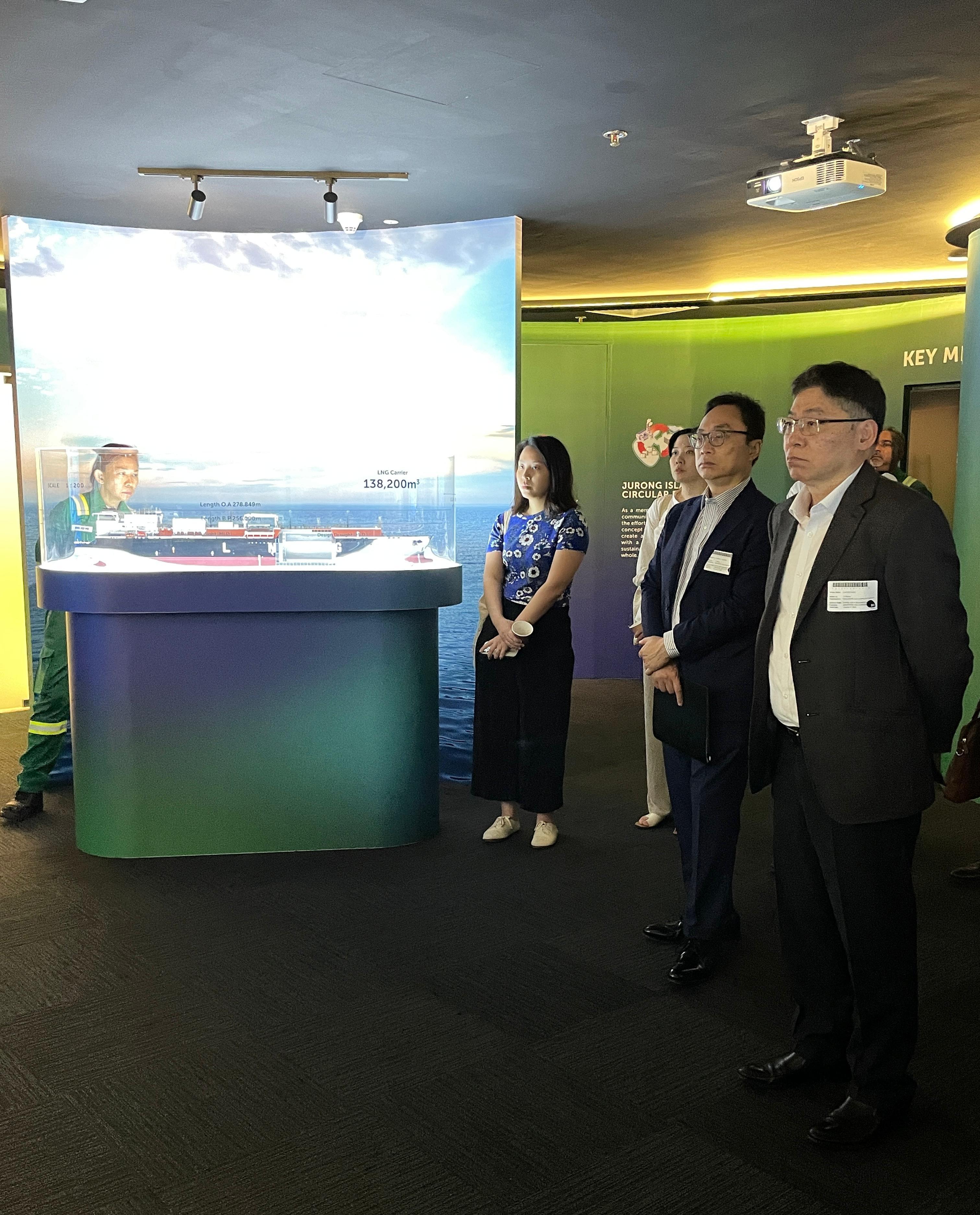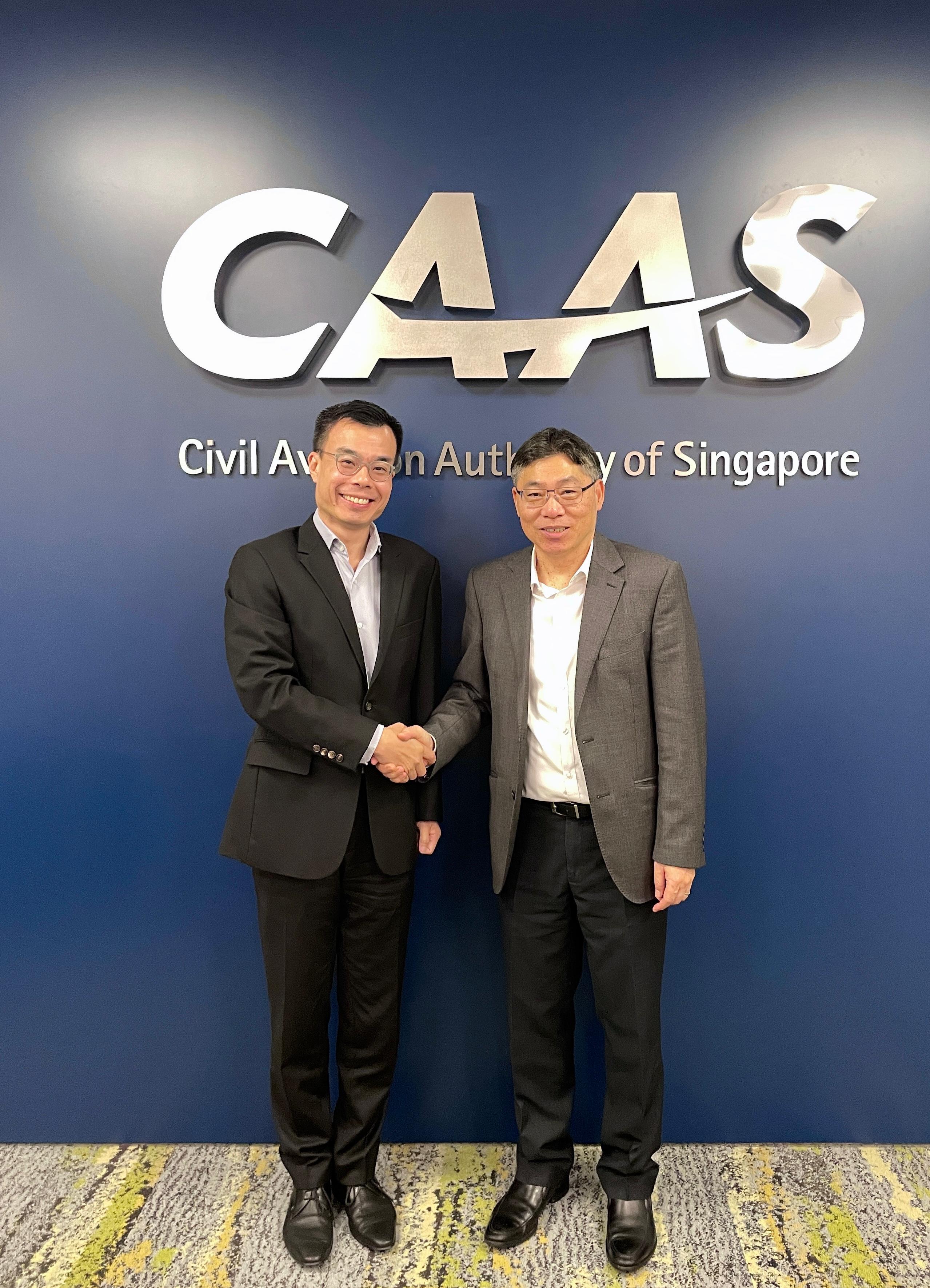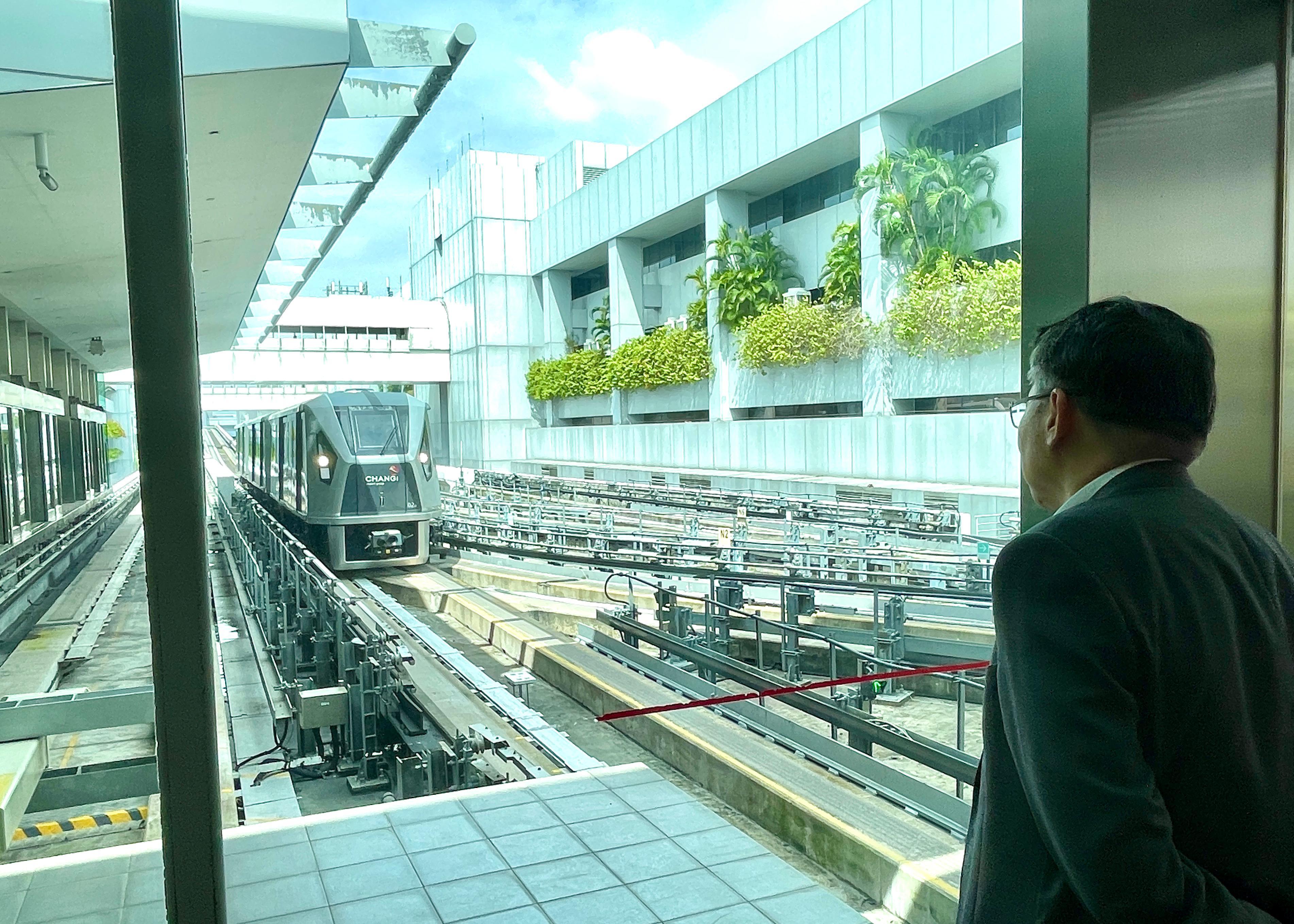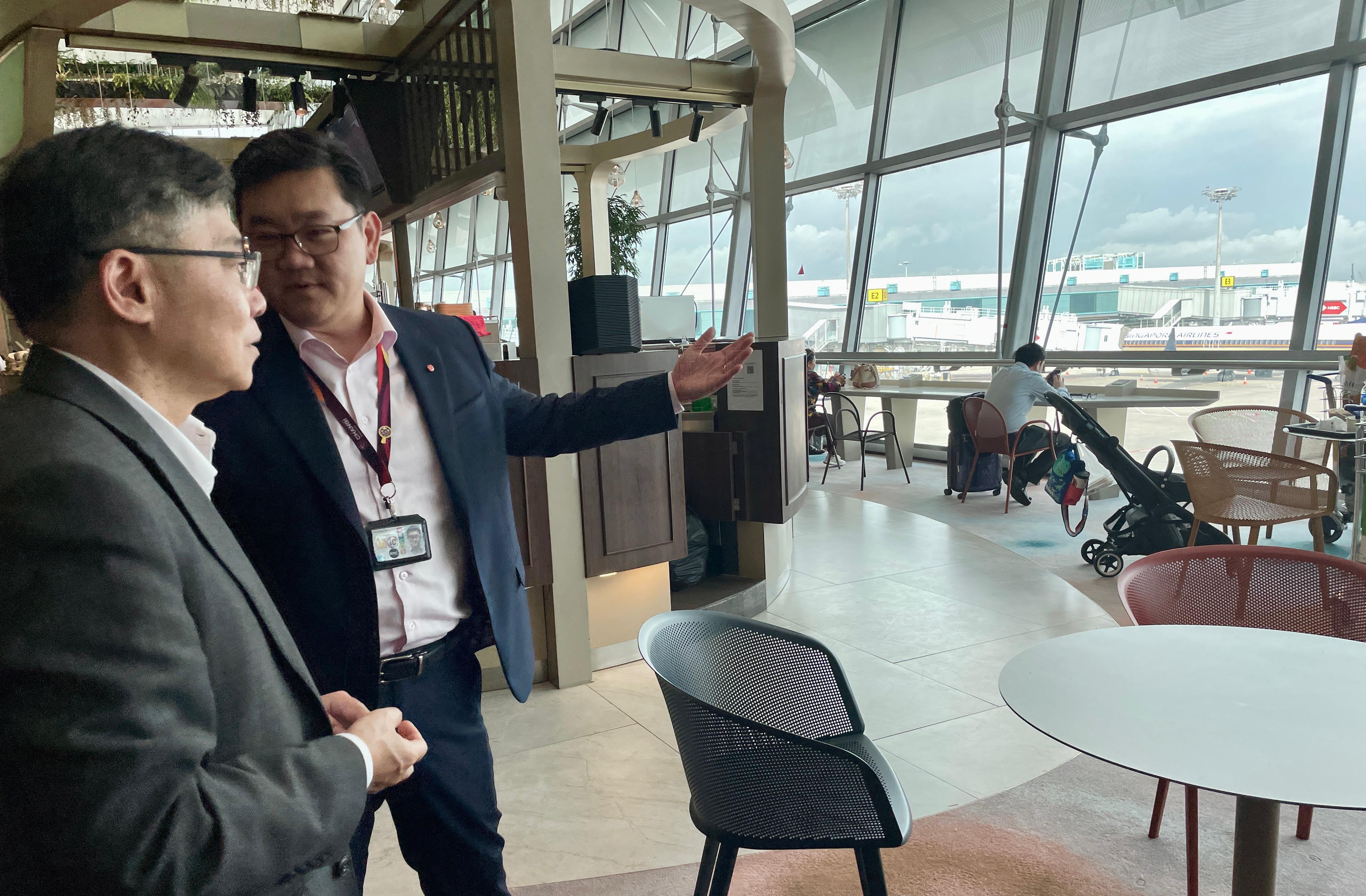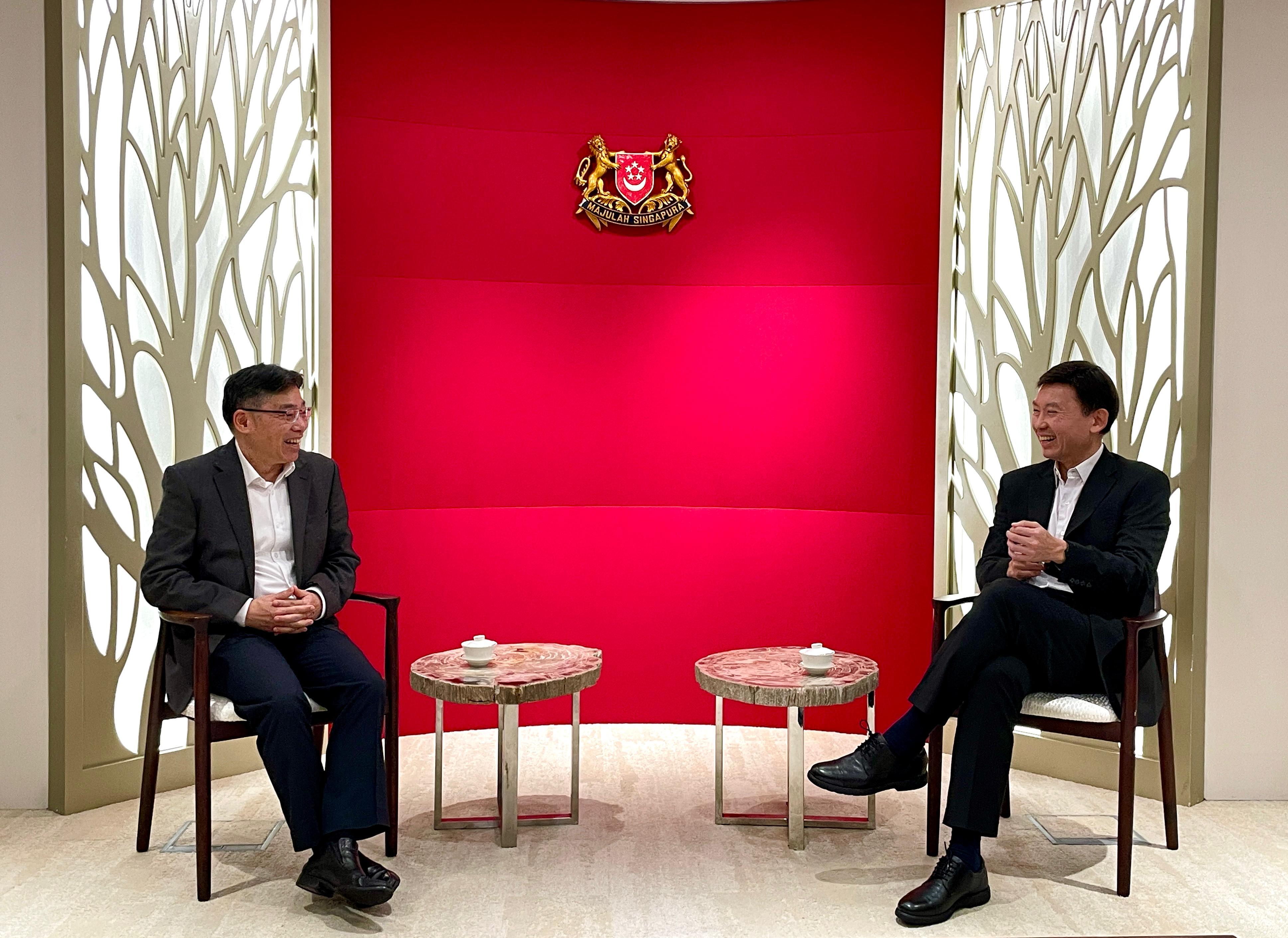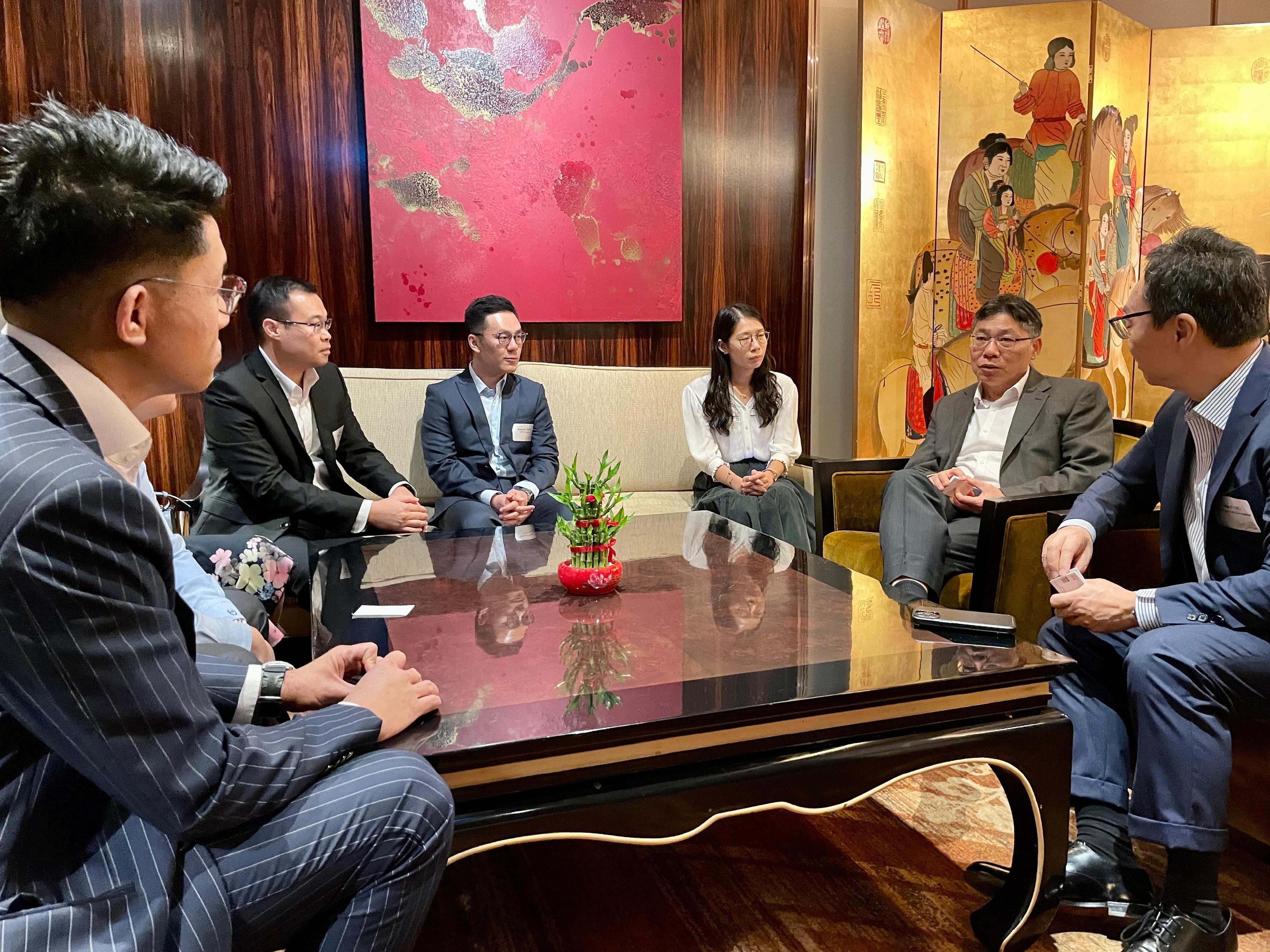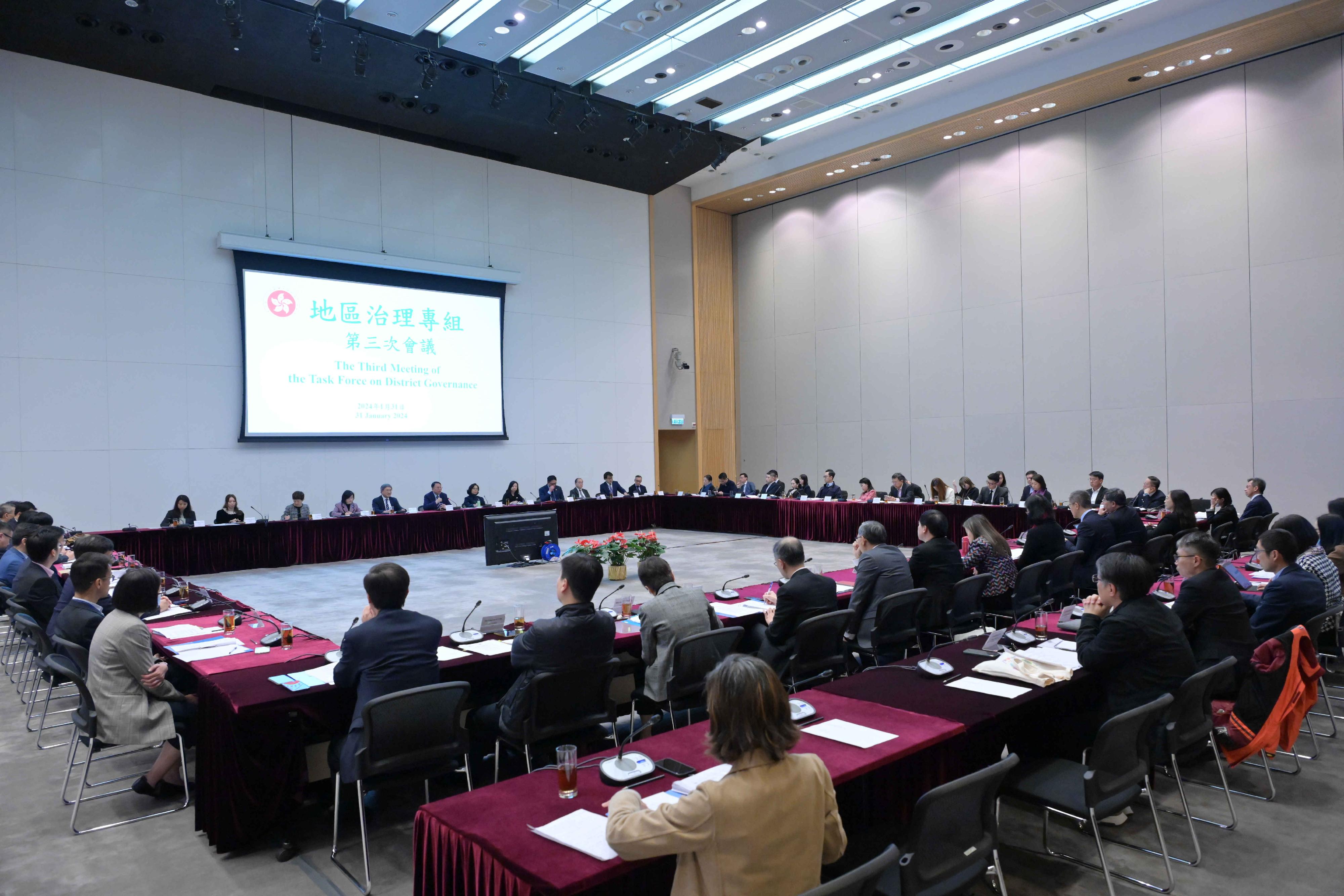LCQ3: Raising the awareness of water resource protection
Following is a question by the Hon Nixie Lam and a reply by the Secretary for Development, Ms Bernadette Linn, in the Legislative Council today (January 31):
Question:
There are views that fresh water is a precious natural resource, but public awareness of water conservation is weak. In this connection, will the Government inform this Council:
(1) of the division of work between the Environmental Protection Department and the Water Supplies Department in promoting and enhancing the knowledge of water resource protection, and the respective effectiveness of their work;
(2) whether it knows if the authorities of the Guangdong Province have included the cost of ecological protection in the calculation of water prices in the recently signed Dongjiang water supply agreement, thereby making the Hong Kong Special Administrative Region Government explicitly shoulder the responsibility for ecological compensation; if they have, of the details and the proportion of such cost; if not, the reasons for that; and
(3) whether it has plans to allocate additional resources to enable more young people to learn first-hand about the history of Dongjiang water in the form of exchange tours, so as to strengthen the sense of gratitude for the source of benefit and the awareness of conservation through a deeper understanding of our country; if so, of the details; if not, the reasons for that?
Reply:
President,
Local yield and imported Dongjiang (DJ) water are the main sources of water supply in Hong Kong. We have been adopting a multi-barrier approach to protect the local water resources in order to safeguard water quality. Besides, the Water Supplies Department (WSD) has been implementing the Total Water Management Strategy since 2008 with emphasis on strengthening water conservation through public education and exploiting diversified water resources for enhancing resilience of water supply in Hong Kong.
My reply to the three parts of the question raised by the Hon Nixie Lam is as follows:
(1) Local yield is one of the important sources of potable water in Hong Kong. Over the years, Hong Kong has developed an extensive rainwater collection and storage system. About one third of Hong Kong’s land has been designated as water gathering grounds where rainwater is collected for storage and there are 17 impounding reservoirs in use for storage of collected local yield or DJ water. The raw water is treated by water treatment plant facilities to meet the Hong Kong Drinking Water Standards and then supplied to the public for drinking. The WSD is the key party responsible for the protection of water resources within the water gathering grounds.
Currently, most of the water gathering grounds also fall within country parks and are protected by the Country Parks Ordinance (Cap. 208). Development and activities within the water gathering grounds are stringently controlled.
In accordance with the Waterworks Ordinance (Cap. 102), any person who pollutes the water in the waterworks, including impounding reservoirs and water gathering grounds, shall be guilty of an offence. The WSD conducts regular inspections and institutes law enforcement actions in accordance with the Ordinance.
To raise public awareness of protecting water resources, the WSD implements continuous education and publicity initiatives, which include erection of warning signs in the vicinity of water gathering grounds and reservoirs and distribution of leaflets, against contaminating precious fresh water resources.
Besides, the WSD exercises various measures, including promoting water conservation culture in schools and amongst youngsters, implementing the Water Efficiency Labelling Scheme, distributing or assisting to install flow controllers for water taps and/or showers for the public etc, in striving to promote water conservation.
(2) DJ water has been uninterruptedly supplied to Hong Kong since 1965. To secure the quality of DJ water supplied to Hong Kong, the nation has carried out various major infrastructures, and environmental and ecological measures over the years, such as construction of sewage treatment and sewage diversion infrastructures, implementation of sewage interception works at DJ river basin, stringent control of development in the protection zones along the basin, prohibition of activities such as quarrying, mining and extensive poultry farming within protection zones, as well as relocating polluting factories in the vicinity and carrying out the land rehabilitation works relating to the environmental and ecological protection measures. These measures secure the quality of DJ water supplied to Hong Kong in compliance with Type II waters in the Environmental Quality Standards for Surface Water, which is the highest national standard for surface water applicable to human consumption.
Basically, the water price in the DJ water supply agreement is a lump sum price for DJ water supplied to Hong Kong covering associated fees of water resource, the cost of measures to protect the quality of DJ water supplied to Hong Kong, maintenance cost for the infrastructures along DJ, system operation and maintenance costs, etc.
The water price is adjusted regularly following the established principles accounting for the changes in the exchange rate between Renminbi and Hong Kong dollar, the consumer price indices of Guangdong (GD) and Hong Kong and the operation costs. We are thankful that price adjustment in recent years emphasised more on the changes in the exchange rate between Renminbi and Hong Kong dollar and the consumer price indices of both sides in lieu of full consideration of the additional costs of the GD side on ecological conservation and other aspects by the nation. As such, we do not have to record the breakdown of costs on ecological conservation incurred by the GD side.
(3) To enable the public, especially youngsters, to recognise our country’s efforts to secure the supply and quality of water provided for Hong Kong, we are enriching youngsters’ knowledge about DJ water through various communication means, including the “Cherish Water Campus” Integrated Education Programme for schools, and the roving exhibitions about DJ water supply in H2OPE Centre, etc. In addition, to celebrate the 60th anniversary of DJ water supply to Hong Kong in 2025, the Development Bureau and the WSD have arranged to progressively launch a series of publicity plans this year, including exhibitions, seminars, open days and TV programmes, to strengthen national education and patriotic education with a view to enable the public to understand the nation’s great contribution to Hong Kong on this aspect.
Meanwhile, the Education Bureau and the Home and Youth Affairs Bureau have been devoting resources to implement youth exchange and internship programmes in the Mainland and overseas. Amongst the programmes, some contents covered the protection of water resources. For example, youngsters can learn about how DJ water is imported to Hong Kong from the Mainland and the importance of the associated projects to the fresh water supply in Hong Kong, through site visits to the Dongjiang-Shenzhen Water Supply Scheme and the associated Xinfengjiang Hydroelectric Power Plant. The WSD will provide support for the above internship programmes and visits and continue to enhance the content of students exchange programme.
Thank you, President. read more


